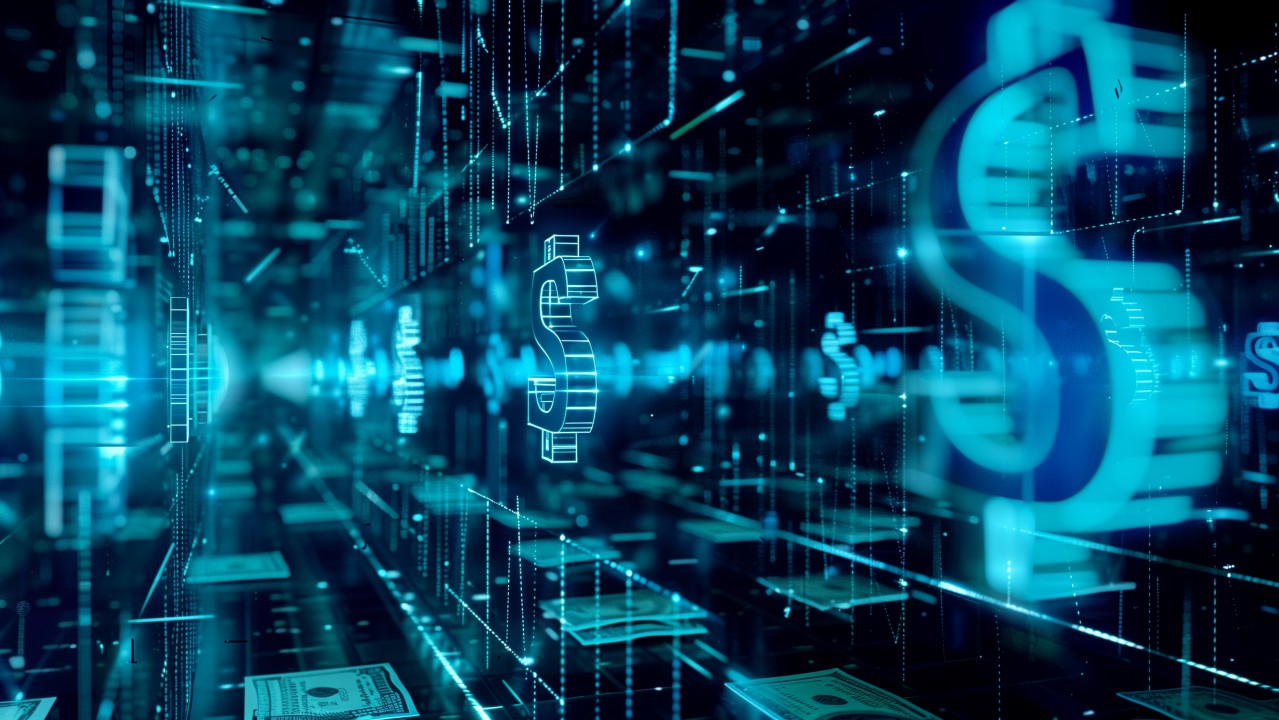Is the AI Revolution the New Internet?

Alexander Shcheglyayev
AI Strategy + Digital Transformation Expert
Why AI adoption mirrors the internet boom — and what it means for businesses now.

When Mark Cuban tells the story of walking into offices in the 1980s, pitching computers and networks, and getting waved out the door like a salesman with snake oil, it feels familiar. Swap "computers" for "AI," and you get the same mix of skepticism and hesitation in today's boardrooms.
The parallels to the internet era are striking. In the mid-90s, only about 1% of the world was online. By 2005, that number hit 16%, and today it's around 66% and climbing¹. Each wave of adoption unlocked new industries, new jobs, and new ways of working. AI is on the same trajectory—right now it powers maybe 5–10% of workflows in most companies, but McKinsey projects it could add $4.4 trillion in annual global economic value once adoption scales².
Yes, disruption is real. A PwC report estimates that up to 30% of existing jobs could face some level of automation by the mid-2030s³. Customer service, logistics, and even legal research are already feeling the effects. But the flip side is bigger: the World Economic Forum predicts AI will create 170 million new jobs globally by 2030, even as it displaces 92 million—a net gain of 78 million⁴. The cycle mirrors the internet: travel agents declined, but e-commerce created millions of logistics and marketing roles.
The real question is timing. Businesses that adopt early and smart—embedding AI into their operations to cut costs, scale reach, and augment teams—will be in the strongest position. Waiting for "proof" is a gamble. By the time proof is obvious, the competitive edge may already be gone.
Cuban's lesson is clear: every technology that rewires how we communicate, work, and transact eventually becomes standard. AI is moving quickly in that direction. For companies in 2025, the practical choice is to treat AI like the internet in 1995: lean in sooner rather than later.
Sources
1. Internet usage growth: from ~1% (mid-90s) to ~16% in 2005 to ~66% today (VisualCapitalist / Our World in Data / G2 data).
2. McKinsey: Generative AI could add $2.6–4.4 trillion annually in economic value (McKinsey Global Institute, 2023).
3. PwC analysis: Up to 30% of UK jobs could be impacted by automation by mid-2030s (PwC, 2018).
4. WEF Future of Jobs Report 2025: 170 million jobs created, 92 million displaced—net +78 million (World Economic Forum, 2025).